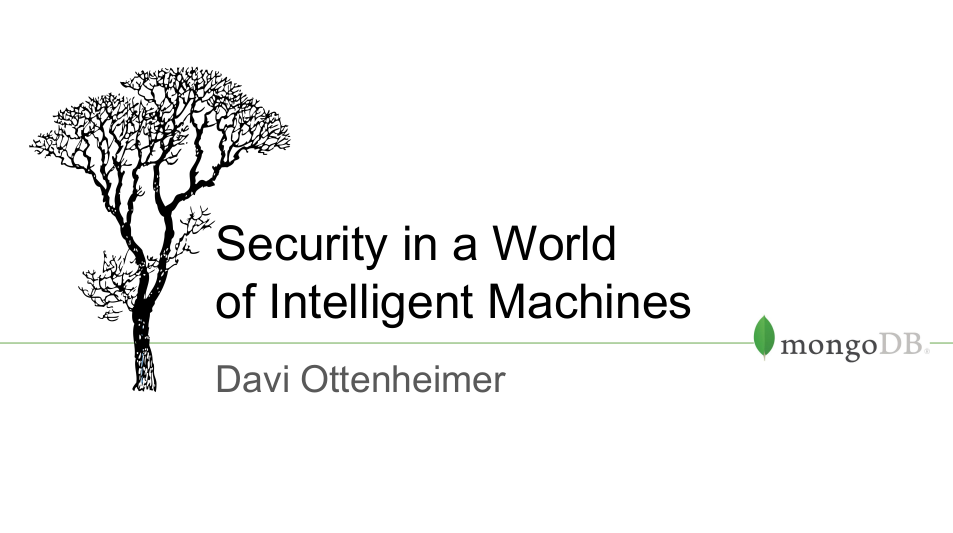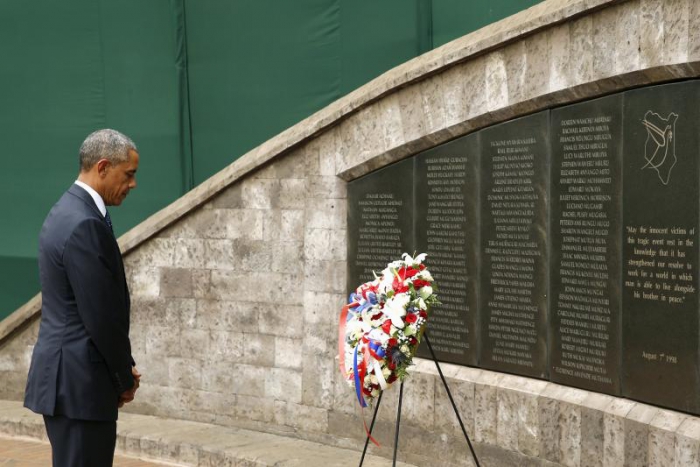Exciting dirt on the prairie from the LA Times as the latest in archaeological tech reveals a major civilization:
Using freshly translated documents written by the Spanish conquistadors more than 400 years ago and an array of high-tech equipment, Blakeslee located what he believes to be the lost city of Etzanoa, home to perhaps 20,000 people between 1450 and 1700
That’s huge for 1450. London, Rome, Athens, and Moscow each only had around 40,000 people in the early 1500s. So this city, given estimates are from explorers who reached only a portion, was perhaps comparably sized.
The story then describes how Spanish explorers from places like Corodoba (population 30,000) and Seville (population 60,000) decided that when they entered this peaceful city of people offering gifts…taking hostages was the right move.
As the Spaniards drew near, they spied numerous grass houses along the bluffs. A delegation of Etzanoans bearing round corn cakes met them on the river bank. They were described as a sturdy people with gentle dispositions and stripes tattooed from their eyes to their ears. It was a friendly encounter until the conquistadors decided to take hostages. That prompted the entire city to flee.
Oñate’s men wandered the empty settlement for two or three days, counting 2,000 houses that held eight to 10 people each. Gardens of pumpkins, corn and sunflowers lay between the homes.
The Spaniards could see more houses in the distance, but they feared an Etzanoan attack and turned back.
That’s when they were ambushed by 1,500 Escanxaques. The conquistadors battled them with guns and cannons before finally withdrawing back to New Mexico, never to return.
That’s 2,000 houses of 10 people each that were counted before the invaders turned tail. The city was even larger since the additional homes could be seen from a distance. Could it have been as large as Spanish cities the invaders were from?
And is it accurate to let hostile hostage-takers describe themselves as ambushed? Imagine someone showing up for dinner without warning, eating your food and kidnapping your daughter and then calling themselves ambushed when police show up to try to rescue her.
Another interesting tidbit is how large and connected the American cities were for the time-period.
…tribes were urban. They built large towns, raised crops, made fine pottery, processed bison on a massive scale and led a settled existence. There were trade connections all the way to the Aztec capital Tenochtitlan in Mexico
Little respect has been paid to the civilization before now, as the artifacts for at least 100 years have been treated by developers and ranchers as strangely dense curiosities to throw into “personal collections” to entertain with:
In 1994, thousands of relics were unearthed during road construction. In 1959, the renowned archaeologist Waldo Wedel wrote in his classic book, “An Introduction to Kansas Archeology,” that the valley floor and bluffs here “were littered with sherds, flints, and other detritus” that went on for miles.
[…]
Local rancher Jason Smith, 47, said he had seen collections “that would blow your mind.”
“Truckloads of stuff,” he said. “Worked stone tools, flints. One guy had 100 boxes at his house.”
Russell Bishop, 66, worked at the country club as a kid.
“My boss had an entire basement full of pottery and all kinds of artifacts,” he recalled. “We’d be out there working and he would recognize a black spot on the ground as an ancient campfire site.”
Bishop, who now lives outside Denver, has coffee cans full of arrowheads.
The story ends with a definite thud. It has a strange trajectory to cutting-edge translations and high-tech geo-location being used today, from a country-club being built on top of the city and decades of giving away ancient artifacts to anyone looking to decorate their basement.
I suppose that trajectory is significant because the USA used a questionable legal theory to justify settlement, which was based in beliefs about sparsely populated areas inhabited only by nomadic people with no settled claims to the land.
For decades country club workers were saying campfires and pottery dotted the landscape, and I’m sure it was even more obvious before them, but technology now has “established” that the Wichita in fact were sedentary farmers with a significant civilization. Now if technology could just establish that they are also surviving, not extinct, maybe they can get their city and its artifacts back?


